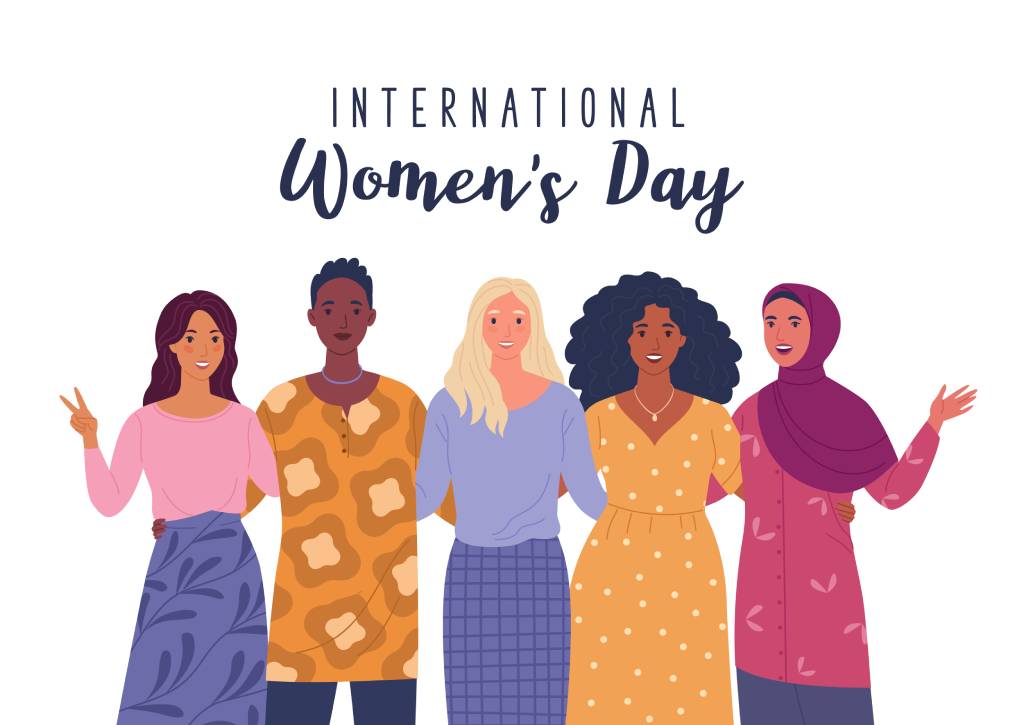-
 play_arrow
play_arrow
BayRadio Listen Live Broadcasting in Spain
“Unveiling the Powerful History Behind International Women’s Day – A Celebration of Triumphs and Struggles!”


International Women’s Day, celebrated annually on March 8th, has a long and fascinating history. This day is a global celebration of the social, economic, cultural, and political achievements of women, and also serves as a reminder of the ongoing struggle for gender equality.
Origins of International Women’s Day The roots of International Women’s Day can be traced back to the early 20th century in the United States and Europe, where women were fighting for their rights in the labor movement. In 1908, 15,000 women marched through New York City demanding better pay, shorter working hours, and the right to vote. This event is considered the first time a large group of women gathered to rally for their rights.
The following year, the first National Women’s Day was observed in the United States on February 28th, in honor of the 1908 garment workers’ strike. The idea of celebrating a day for women’s rights quickly gained momentum, and by 1910, the Socialist International, meeting in Copenhagen, established International Women’s Day.
Initially, International Women’s Day was a day to promote equal rights, including suffrage, for women around the world. The date was changed to March 8th in 1913, and the day has been observed on that date ever since.
What International Women’s Day Has Changed Over the past century, International Women’s Day has played an important role in advancing women’s rights and gender equality. Through rallies, protests, and campaigns, women have been able to demand and secure greater rights, protections, and opportunities.
One of the most significant changes brought about by International Women’s Day was the right to vote. In many countries around the world, women were not allowed to vote until well into the 20th century. In the United States, for example, women gained the right to vote in 1920, thanks in part to the efforts of suffragettes who fought tirelessly for decades.
International Women’s Day has also helped to bring attention to other important issues affecting women, such as equal pay, reproductive rights, and domestic violence. Thanks to the advocacy and activism of women’s rights groups and individual activists, laws and policies have been changed to better protect women and ensure their equal treatment under the law.
What International Women’s Day Means Today In the 21st century, International Women’s Day continues to be an important platform for advancing women’s rights and promoting gender equality. Today, the focus is on the challenges and barriers that still exist for women around the world, and the need to accelerate efforts to address them.
The theme for International Women’s Day 2023 is “Women in leadership: Achieving an equal future in a COVID-19 world.” The COVID-19 pandemic has highlighted and exacerbated existing inequalities, particularly for women, who have been disproportionately affected by the pandemic’s economic and social impacts.
The theme aims to celebrate women’s leadership in responding to the pandemic and to call for greater representation of women in leadership roles to address the ongoing challenges. This includes advocating for equal pay, ending violence against women, increasing access to education and healthcare, and promoting women’s participation in politics and decision-making.
In conclusion, International Women’s Day is a time to celebrate women’s achievements and contributions, while also recognising the ongoing struggles for gender equality. Through collective action and advocacy, we can create a more just and equitable world for all women.
Written by: BayRadio News
Similar posts
Recent Posts
- Robotic Surgery for Prostate Cancer: What Is Radical Prostatectomy and How Does the Da Vinci Robot Improve It
- What Is Fibromyalgia? Symptoms and Treatments of an Invisible Illness That Requires Specialized Attention
- AMASVISTA Glass: 10 reasons to choose SUNFLEX glass curtains
- Robotic Surgery, Immunotherapy and Comprehensive Care Take Centre Stage at Pancreatic Cancer Conference at Quirónsalud Torrevieja
- Robotic Surgery Against Ovarian Cancer: Greater Precision, Less Pain and Faster Recovery

Ctra. Cabo La Nao, CC La Nao, Local 6 03730 Javea, Alicante, Spain
Advertise with us
Do you have a business in Spain? Do you provide a service to the expat community in Spain? Would you like your message to reach over 500.000 people on a weekly basis?
BayRadio is a community orientated radio station offering fantastic content to our many listeners and followers across our various platforms. Contact us now and find out what Bay can do for you!
Our business is helping your business grow.
BAY RADIO S.L. © 2024. ALL RIGHTS RESERVED. WEB DESIGN BY MEDIANIC







